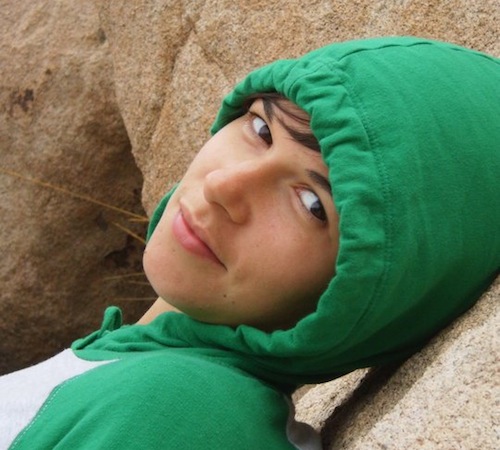
Part 2
Ganga was sunken, and the limp leaves Waited for rain, while the black clouds Gathered far distant, over Himavant. The jungle crouched, humped in silence. Then spoke the thunder DA
–T.S. Eliot, from The Waste Land
In the Brihadaranyaka from the Upanishads, the syllable DA, uttered by Brahma, is a profound lesson to gods, human beings, and demons. In The Waste Land the syllable is spoken into an arid land and finds no immediate acceptance. The syllable is a repetition, perhaps even an evasion, and it returns the reader to earlier themes, apprehensions, and myths. The word leads to multiple meanings, multiply fragmented.
We might say, however, that something does shift; the figure who sits on the shore fishing does so with the arid plains behind him, not ahead of him.
I sat upon the shore Fishing, with the arid plain behind me Shall I at least set my lands in order?
Still, the poem does not rest here. It continues through three more quotations and fragments to result in reverberating
Datta. Dayadhvam. Damyata. Shantih shantih shantih
The poem gestures to a state of mind that may well be a place beyond explanation. What does shantih, peace become when one is so close to war, or when one is always at war?
A variation of this question arose for me when Lauren Shufran read her work at UCSC last Thursday. I was struck by the metrical detours and the work of repetition and rhythm in the poems. They insist the listener participate in the presentation of the measured surplus (of war and form), the erasure of citizens, and the excess of conflations. In an interview with Taylor Brady, Lauren Shufran explains one of the ideas she is grappling with, "how the military hazing ritual performs its own conflations – but in a turn from fields of representation to fields of action."
Because my shtick which is my sitting duckness is prohibitive of motion I've resorted to inaction as a praxis. Like don't think 'cause I'm a duck I have to ingest all your rhetoric. Plus the trauma of that holiday get pretty reassertive like this lumpen in my throat when I see stuffing. If swallowing is tolerance I'll ruminate instead and so become a vulgar poet with these remnants of dysphagia and refusal. But asking a text to speak to what I don't speak's pretty stressful––as if it's not enough to look like a duck quack like a duck be in a cage like a duck and because of being a duck on a whole to be generally fed through pipes...
– Lauren Shufran "I Was a Duck; My Shtick was Just to Sit Here" from Inter Arma.
The listener has to keep up with the beat. The listener is a participant. "The stutter of repetition is both insistence and fade. What we see disappears only to reappear again, slightly—or more than slightly—unrecognizable," writes Jen Hofer. I think about the "stutter of repetition." I return to the same concerns in my work: memory, exile, re-presentation. There is something devastating and something instructive in repetition. You will tell this story because I cannot. I repeat the stories to myself – my mother's story and her mother's story. They insisted I hear the many versions to the same stories, and because they are all gone now, I hear the echo of the story in many versions.
Repetition is also a kind of knowing, Shufran reminds.
Tags: T.S. Eliot, Lauren Shufran, Juliana Leslie.
Poet Tsering Wangmo Dhompa’s parents fled Tibet in 1959. Raised by her mother in Tibetan communities…
Read Full Biography

